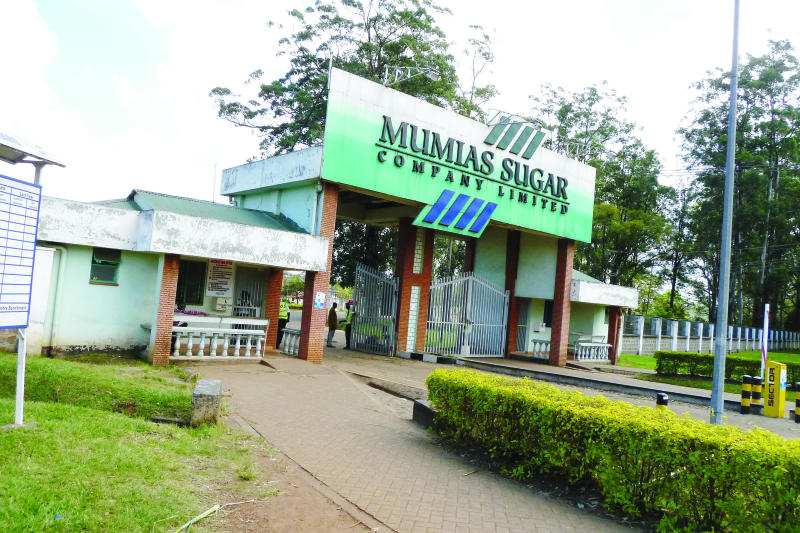×
The Standard e-Paper
Join Thousands Daily

The ailing Mumias Sugar Company is set to fire 900 workers next month in a fresh round of reorganisation that has also seen its Chief Executive Patrick Chebosi sent home on compulsory leave.